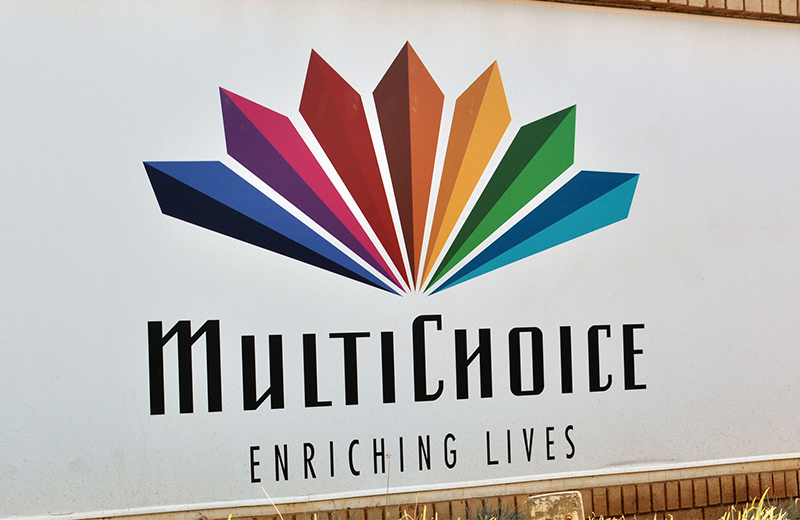
Nigeria’s Broadcasting Commission (NBC) has dealt a series of fines to MultiChoice Nigeria, and other media companies in the West African country, amounting to $12,000 (N5-million) for airing a BBC documentary that the Commission says “glorified the activities of bandits and undermines national security.”
The NBC said in a statement that the deadline for the fines to be paid is on 30 August 2022. Neither the BBC nor MultiChoice are yet to issue statements.
Nigerian channel Trust TV, owned by the Daily Trust newspaper, was also fined for its own report on the country’s “banditry” issues.
Reportedly, over the past two years, Nigeria as a country has been facing waves of armed kidnappers known colloquially as ‘bandits’ who have abducted thousands of citizens.
“The Commission wishes to seize this opportunity to advise broadcasters to be circumspect and deliberate in the choice and carriage of contents deleterious to Nigeria’s national security,” NBC said in a statement seen by Reuters.
The Daily Trust responded that it unequivocally believes it was acting in the public’s interest by shedding light on Nigeria’s problems of banditry.
MultiChoice’s Stormy Relationship with the Nigerian Government
The Nigerian government has a history of butting heads with MultiChoice’s Nigerian arm. The South African entertainment group was told in 2021 that it had to pay a massive $4.4-billion in alleged debt to the Nigerian Revenue Service (FIRS).
In response to this matter, MultiChoice issued a statement where it claimed it became aware of the situation only through news media reports, never receiving any formal notification on the matter.
MultiChoice appealed the matter and settled the dispute after paying $19.4-million towards the claim, which it insisted was not an admission of guilt.
Currently, the Nigerian Federal Government has come under criticism from freedom of speech advocates, who point to actions like the country’s ban on social media platform Twitter as examples of erosions of such freedoms. The ban on Twitter was recently ruled “unlawful” by the Economic Community of West African States (ECOWAS).
By Luis Monzon
Follow Luis Monzon on Twitter
Follow IT News Africa on Twitter